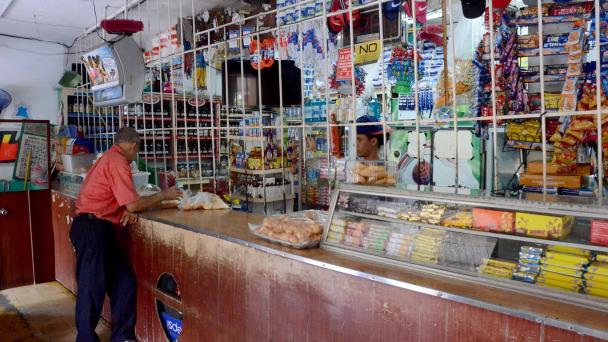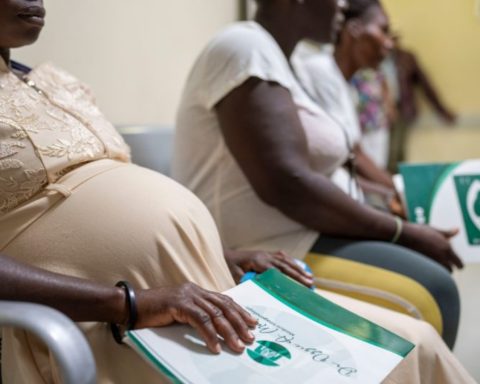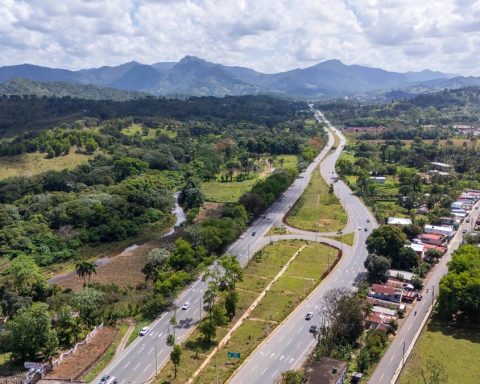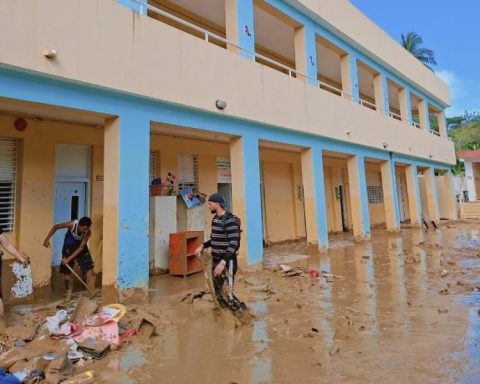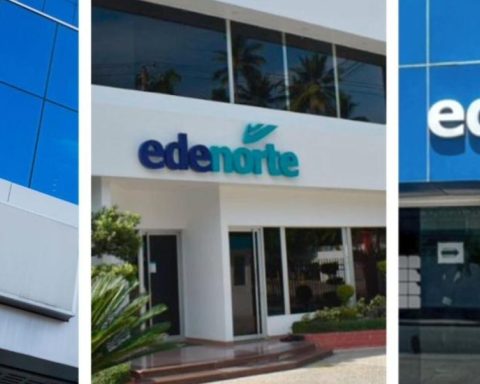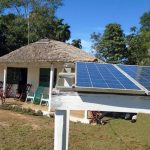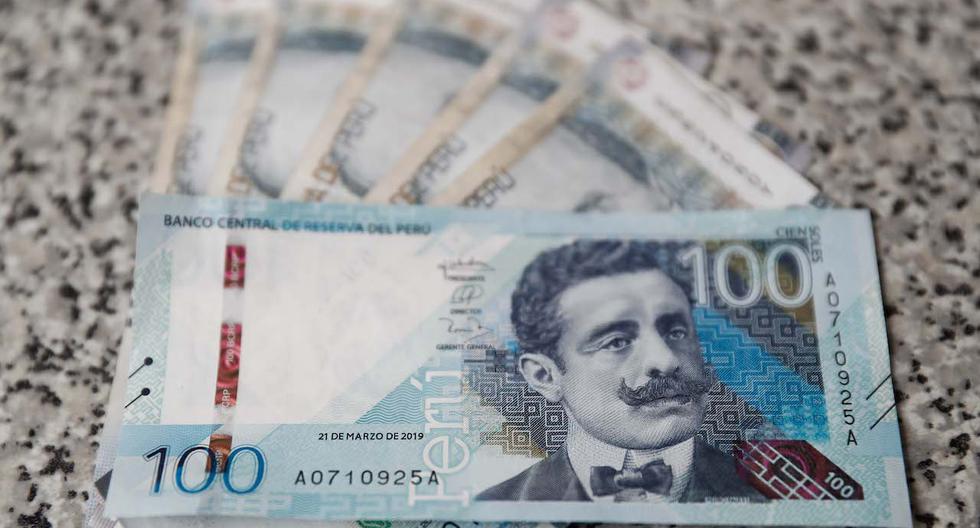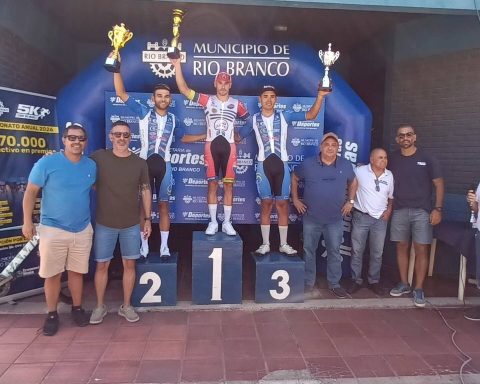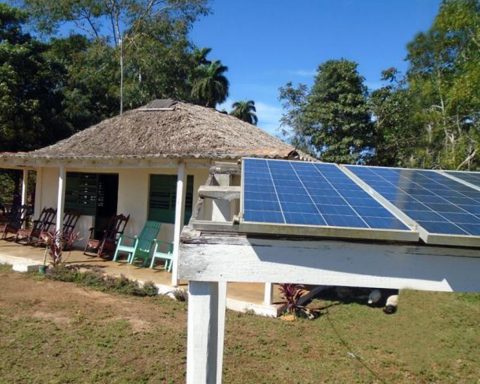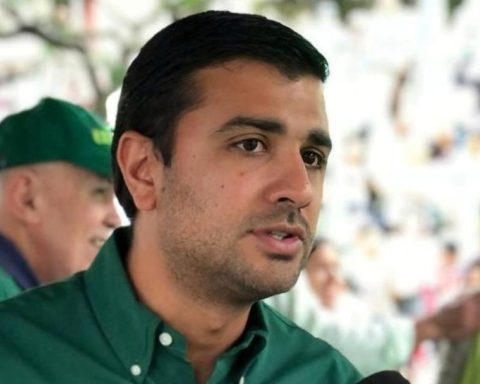The number of people who cannot afford a healthy diet in the Dominican Republic it increased by 11%, according to a new report from the Food and Agriculture Organization of the United Nations (fao, English acronyms Food and Agriculture Organization).
In 2019 there were 1.8 million people in the country who did not have enough money to eat healthy, a figure that reached two million in 2020 revealed the FAO in his report entitled The State of Food Security and Nutrition in the World 2022.
The FAO attributes the increase in people who could not afford a healthy diet to the inflation of consumer food prices, as a consequence of the economic repercussions of the COVID-19 pandemic and the measures adopted to contain it.
In the Caribbean country, this gap in having money for a healthy diet It had a downward trend, at a percentage level, being 21.2% in 2017, 18.1% in 2018, it went down to 17.1% in 2019 but increased to 18.3% in 2020.
It was defined as healthy diet one based on a variety of minimally processed foods with a balance across food groups, including whole grains, nuts, legumes, plenty of fruits and vegetables, and moderate amounts of animal protein.
The document of the FAO established that a person in the Dominican Republic needed 3.8 dollars a day two years ago to acquire a healthy diet, while in 2019 3.7 dollars were required. The numbers meant that people in the country needed 6,651 pesos in a 31-day month in 2020 to eat healthy food.
Globally almost 3.1 billion people could not afford a healthy diet in 2020. There are 112 million more people than in 2019.
The FAO encourages governments to start rethinking how they can reallocate their current public budgets to make them more cost effective and more efficient in reducing the cost of nutritious food and increasing the availability and affordability of healthy dietssustainably and without leaving anyone behind.
The World Food Program of the United Nations, better known in English by the acronym WFP, established in its 2021 country report that one in three households in the Dominican Republic cannot afford the diet required to meet the nutritional needs of an average family. Money was found to be a major barrier to achieving food and nutrition security in the country.
